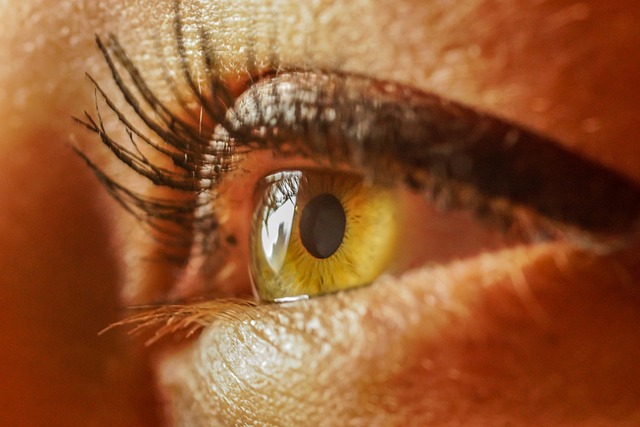Introduction: The Power of Astaxanthin
Astaxanthin is a naturally occurring carotenoid pigment found in algae, yeast, salmon, trout, krill, shrimp, crayfish, and some birds. It's what gives salmon its distinctive pink color. But more importantly, astaxanthin is a potent antioxidant with numerous health benefits, particularly for skin protection and eye health. Unlike some antioxidants, astaxanthin can cross the blood-brain and blood-retinal barriers, allowing it to deliver its protective effects directly to these vital tissues.
Astaxanthin's Role in Skin Protection
One of the most well-researched benefits of astaxanthin is its ability to protect the skin from the harmful effects of ultraviolet (UV) radiation. UV radiation is a major contributor to premature aging, wrinkles, and even skin cancer. Astaxanthin acts as an internal sunscreen, neutralizing free radicals produced by UV exposure and reducing inflammation. Studies have shown that astaxanthin can improve skin elasticity, reduce fine lines, and decrease age spots.
For example, a study published in the *Journal of Dermatological Science* found that participants who took astaxanthin supplements for several weeks experienced a significant reduction in wrinkle depth and improved skin moisture levels compared to a placebo group.
Benefits for Eye Health

Astaxanthin also offers significant benefits for eye health. It can help protect against age-related macular degeneration (AMD), cataracts, and other eye conditions. Its antioxidant properties help to reduce oxidative stress in the eyes, which is a major factor in the development of these diseases. By crossing the blood-retinal barrier, astaxanthin can directly protect the delicate cells of the retina.
How to Incorporate Astaxanthin into Your Diet
You can obtain astaxanthin through your diet or through supplements. Good dietary sources include salmon, trout, and shrimp. However, the amount of astaxanthin in these foods is relatively low. Supplementation is often a more reliable way to ensure you're getting an adequate dose. Astaxanthin supplements are available in various forms, including capsules, softgels, and powders.
Dosage and Safety

The recommended dosage of astaxanthin varies depending on the individual and their specific health needs. However, most studies have used dosages ranging from 4 to 12 mg per day. Astaxanthin is generally considered safe, with few reported side effects. Some people may experience mild gastrointestinal upset, but this is rare.
Conclusion: A Natural Ally for Skin and Eye Health
Astaxanthin is a powerful natural antioxidant with a wide range of health benefits, particularly for skin protection and eye health. By incorporating astaxanthin into your diet or supplement regimen, you can help protect yourself from the damaging effects of UV radiation and oxidative stress, promoting healthier skin and vision for years to come. Further research is ongoing to explore its potential in other areas of health.
Further Reading

- National Institutes of Health: Office of Dietary Supplements
- The American Academy of Ophthalmology
- Peer-reviewed scientific journals (PubMed, Google Scholar)
